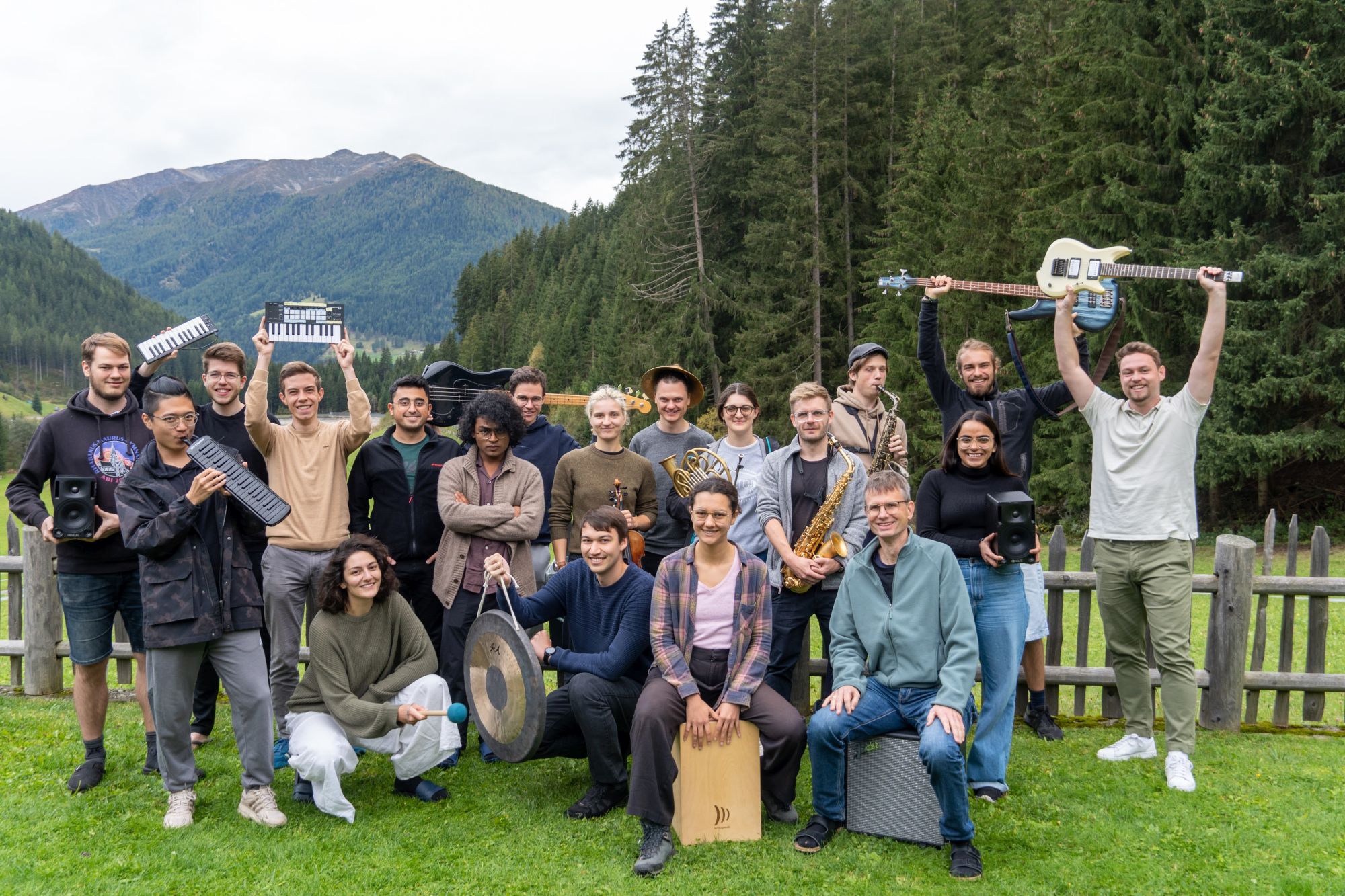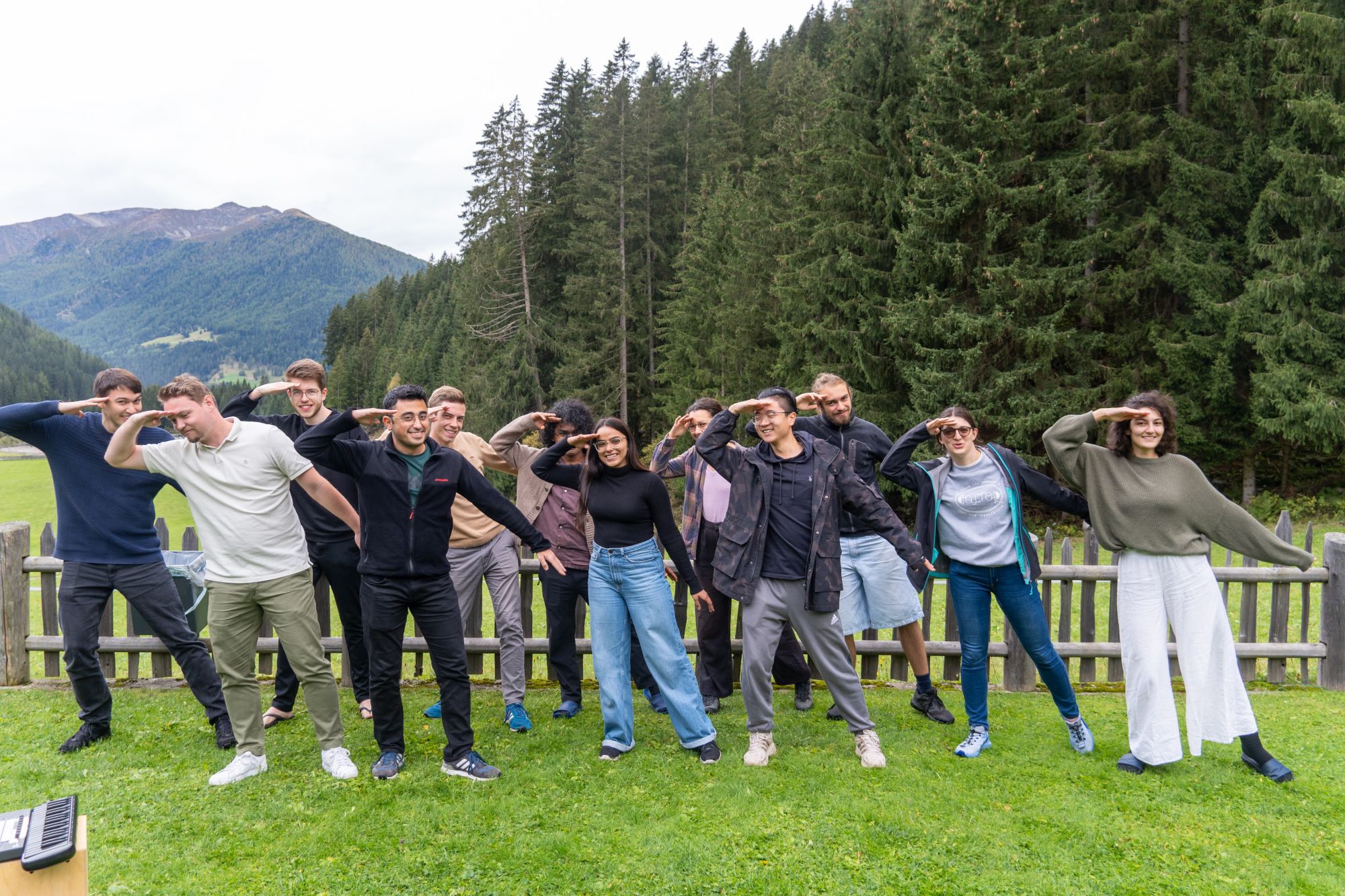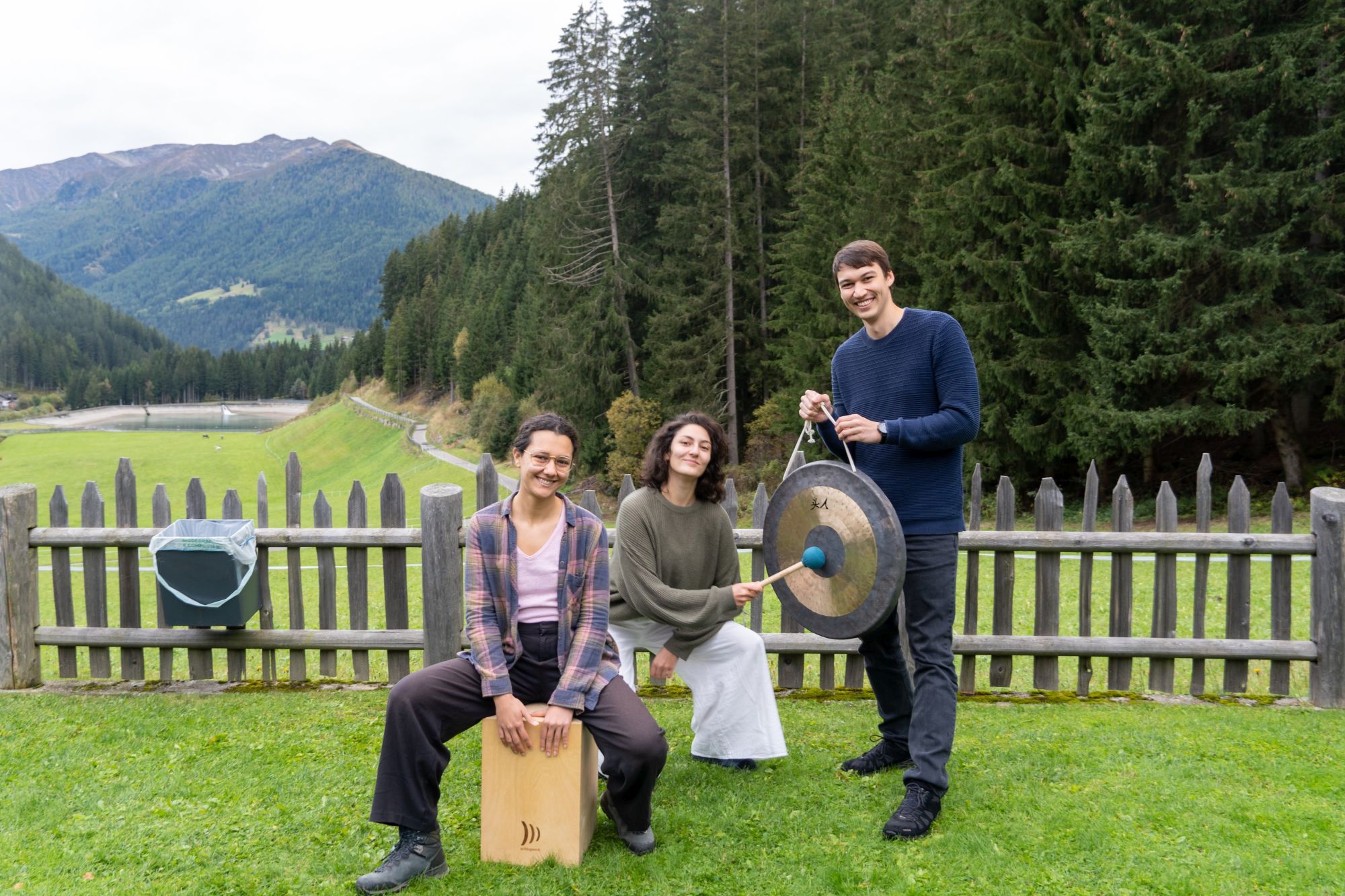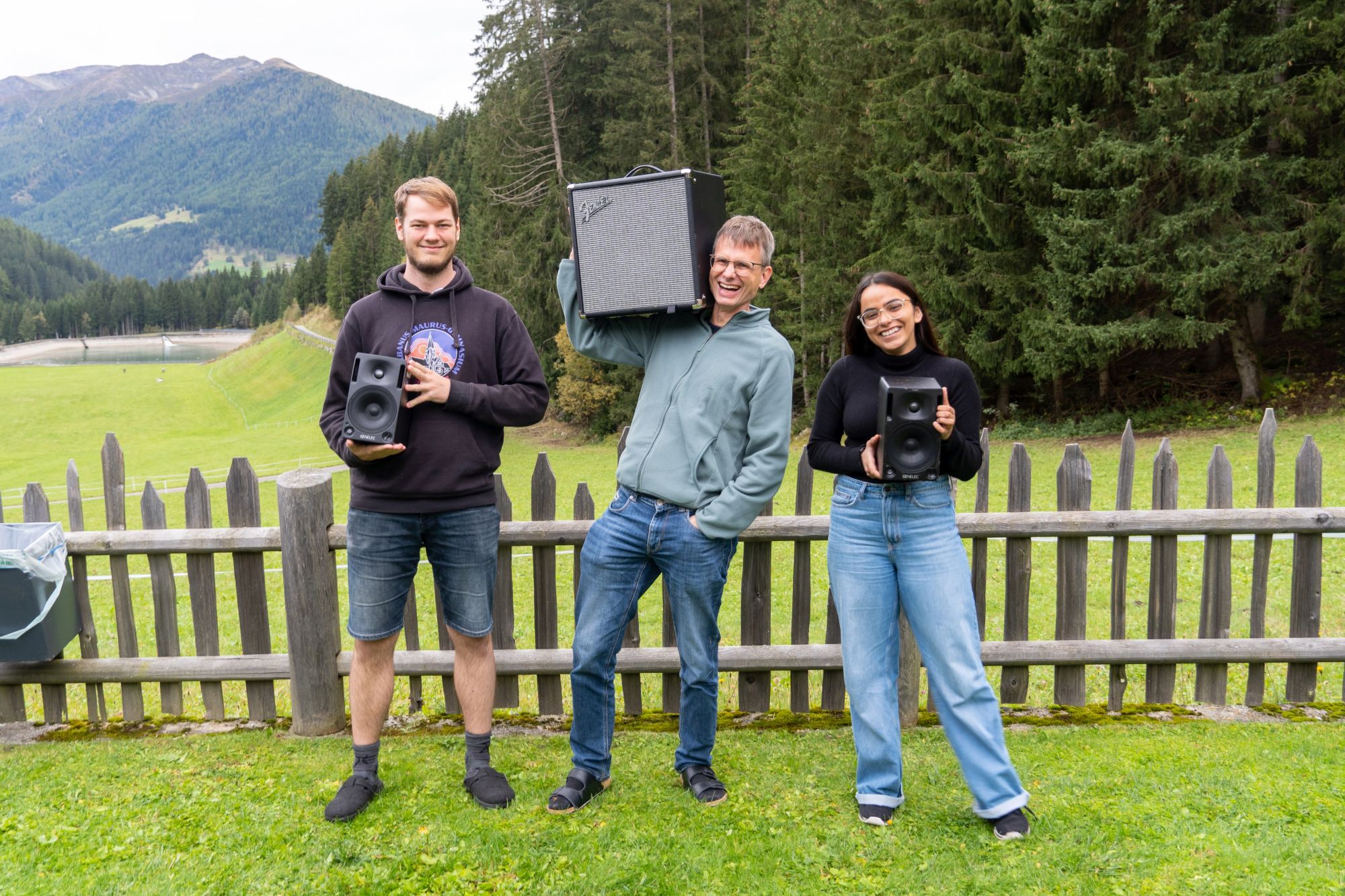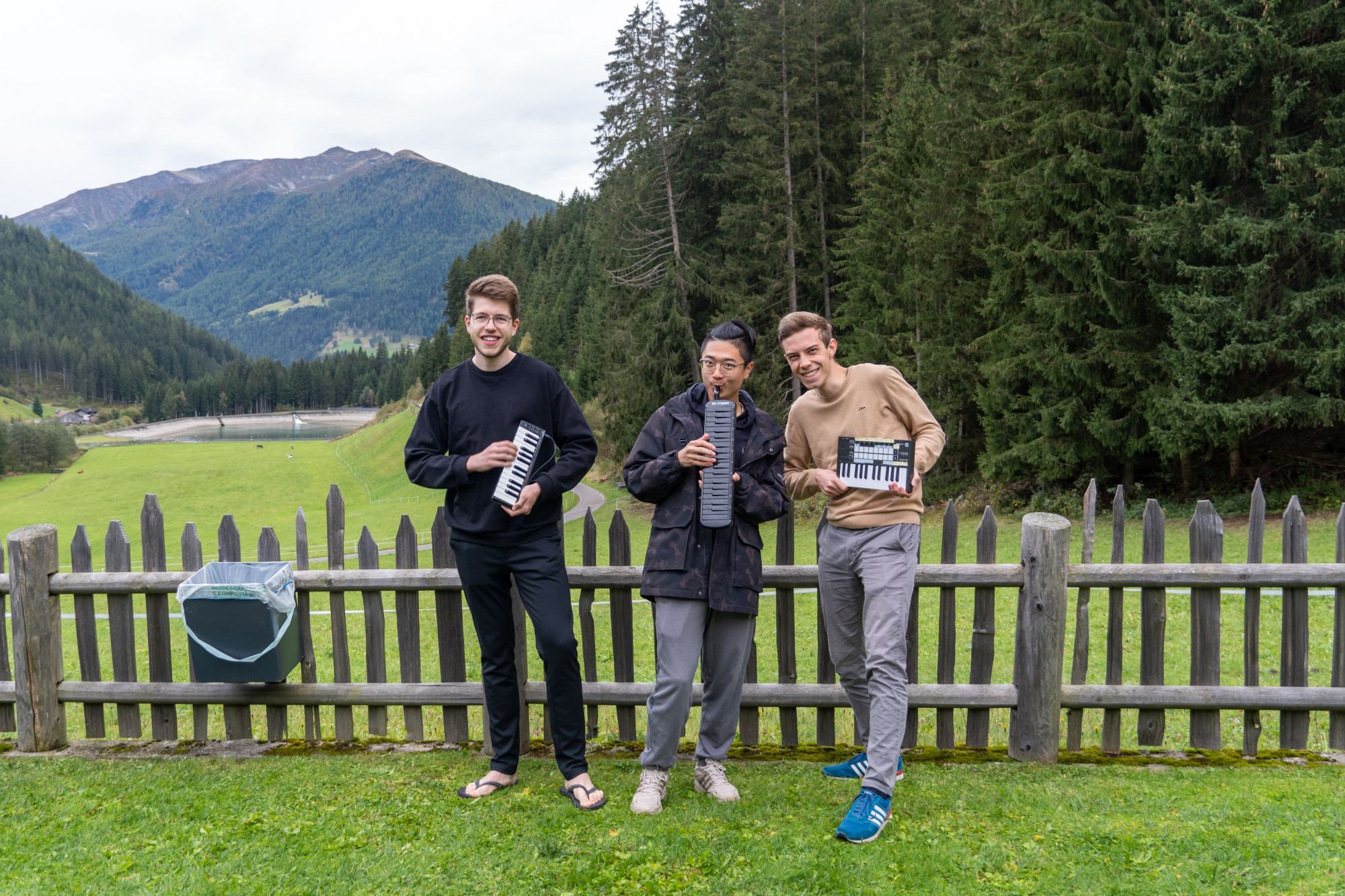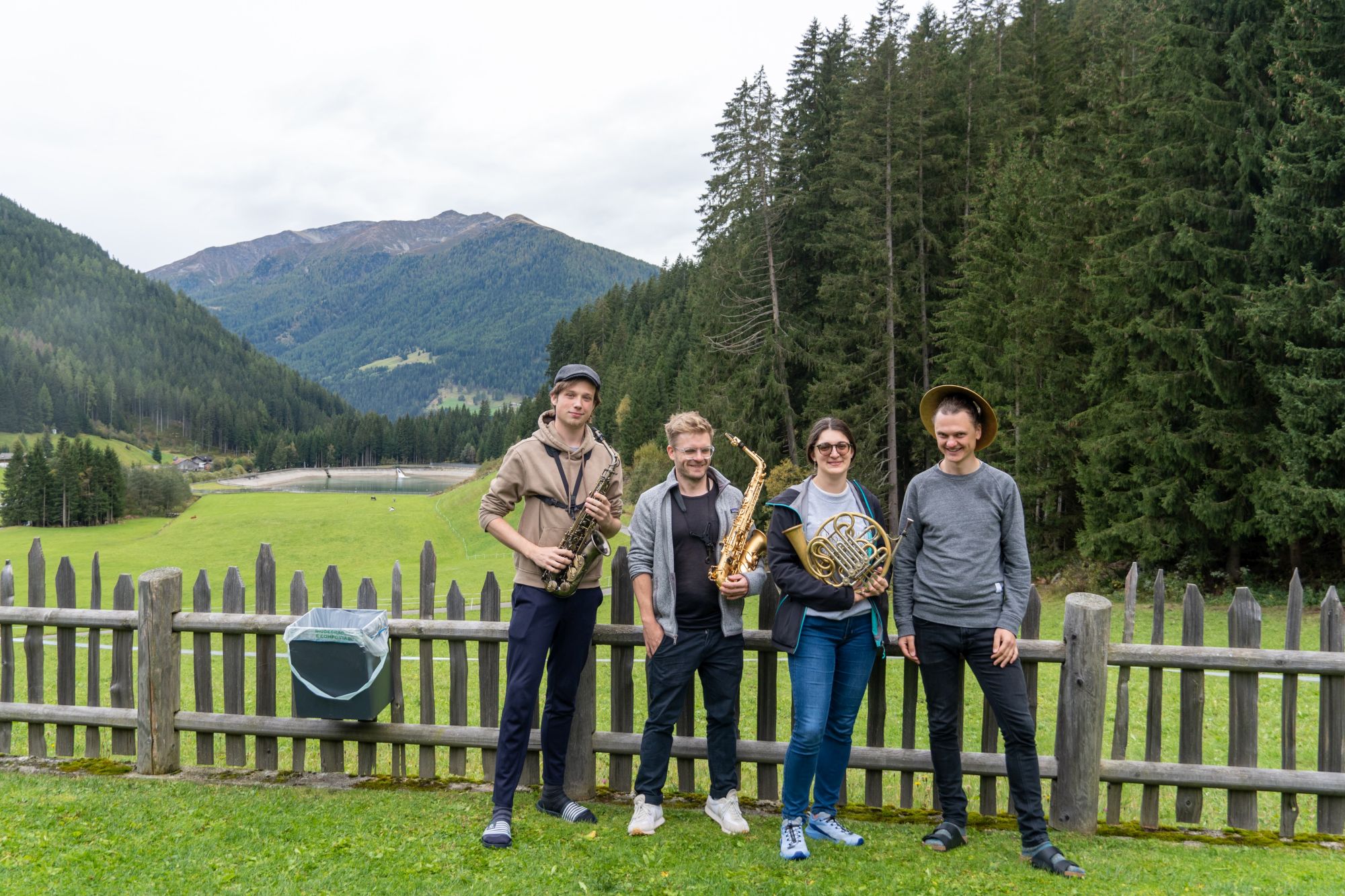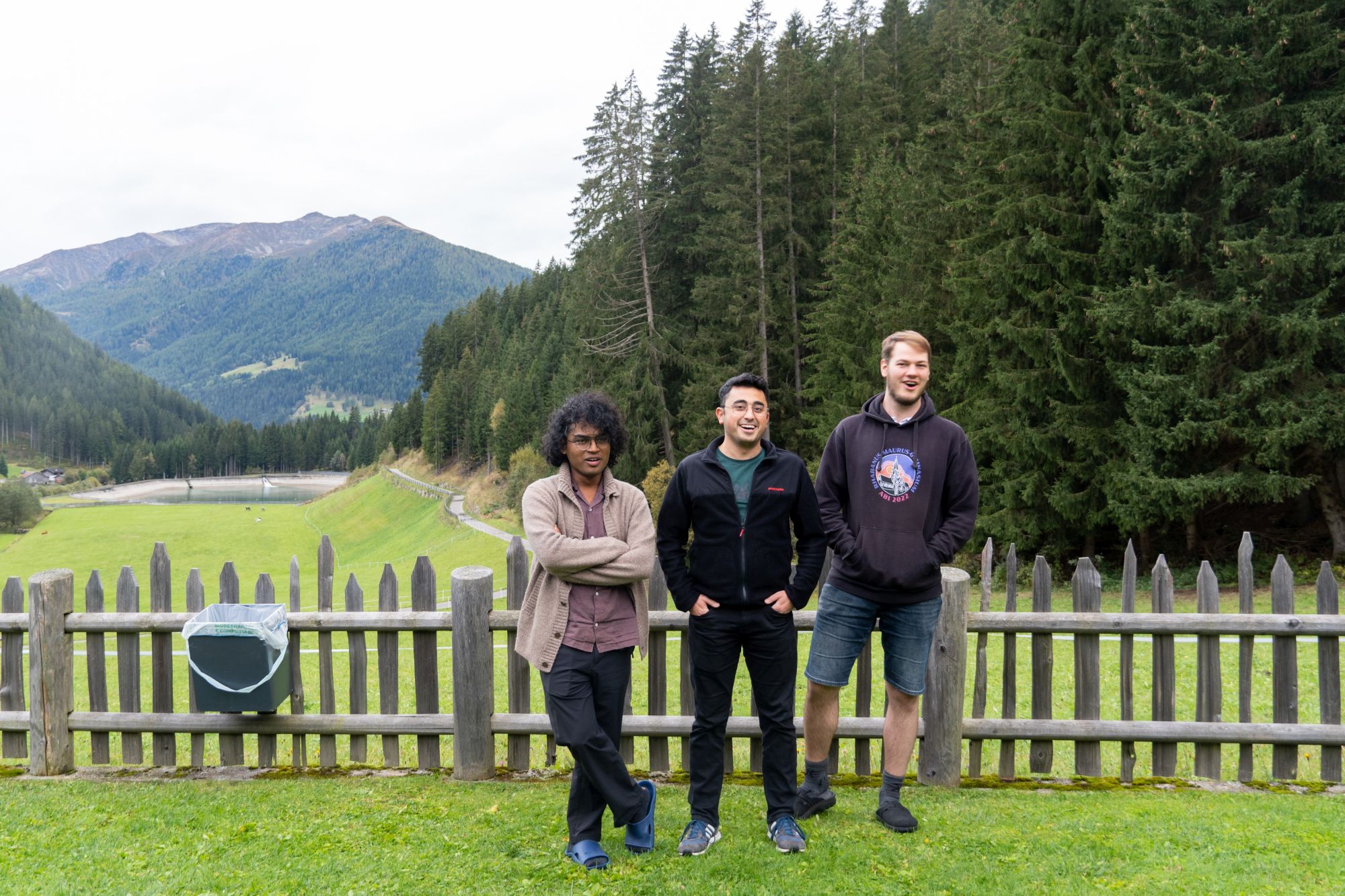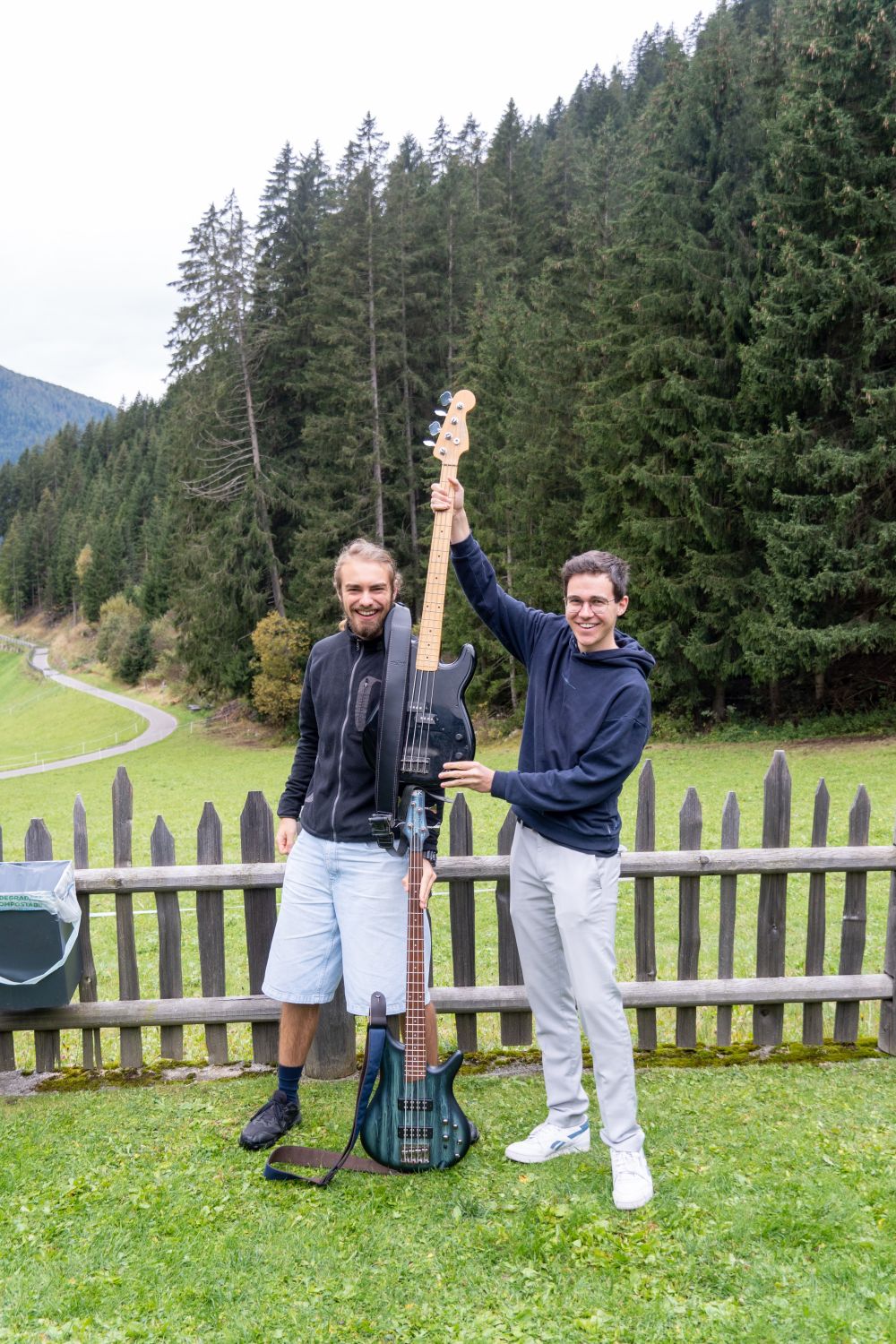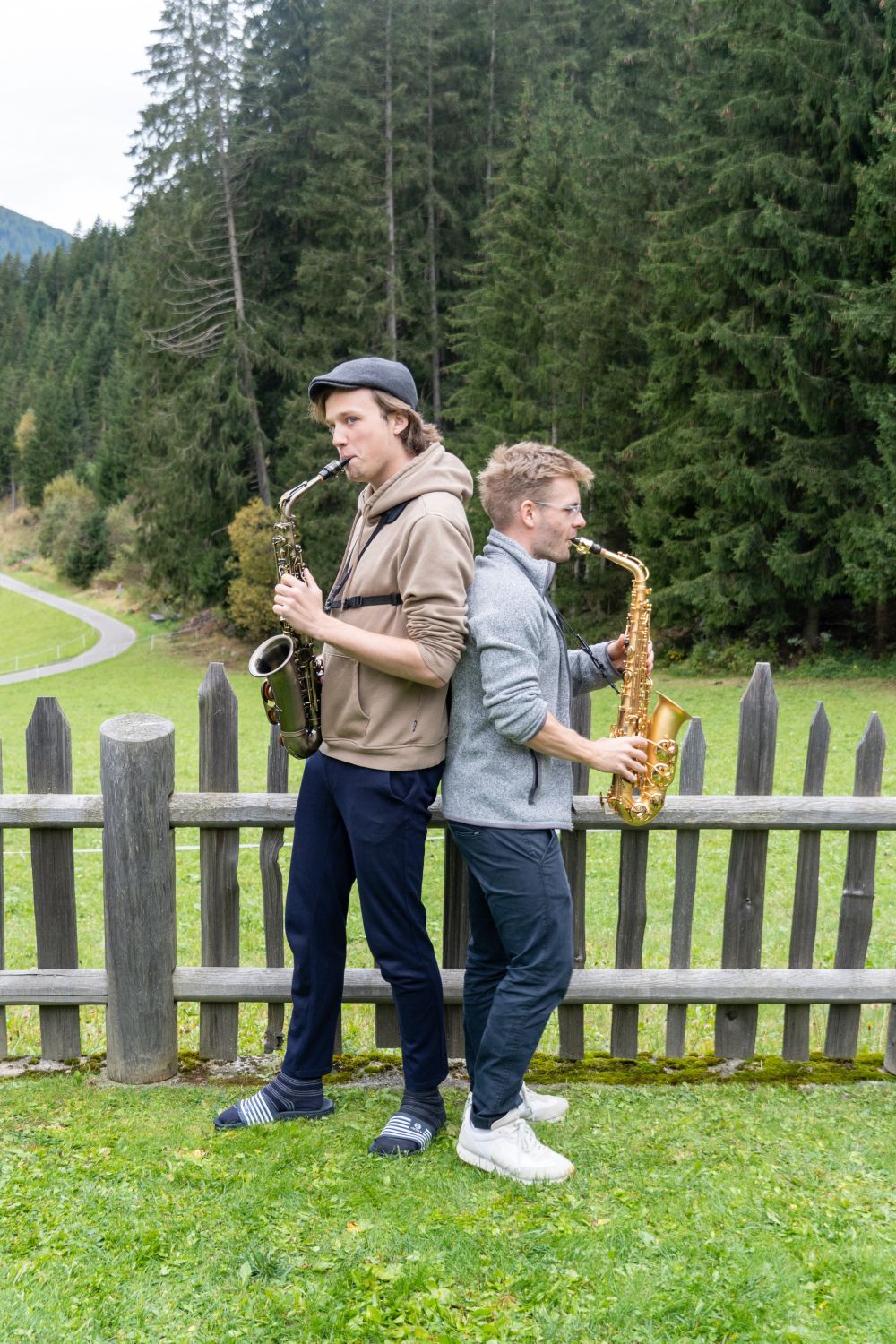Ferienakademie 2024, Sarntal (22.09. - 04.10.2024)
Course 8: Learning with Music Signals






- Ferienakademie: Homepage
- Coordinator and Lecturer: Prof. Dr. Meinard Müller, Erlangen
- Guest Lecturer: Prof. Dr. Michael Sedlmair, Stuttgart
- Tutors: Hans-Ulrich Berendes, Simon Schwär, Simeon Rau
- Place (Time): Sarntal, Südtirol, Italy (22.09. - 04.10.2024)
Preparatory Meeting (Vorbesprechung)
- Time: Thursday, 11.07.2024, 14:00-17:00
- Place: Zoom
- Participation in the preparatory meeting is mandatory
Content
The revolution in music distribution, storage, and consumption has sparked significant interest in advancing techniques for managing, analyzing, and creating music-related data. Music Information Retrieval (MIR) has emerged as a distinct research area, encompassing signal processing, machine learning, information retrieval, musicology, and digital humanities. In this seminar, we delve into technologies across these disciplines, with a focus on data-driven machine learning to make accurate predictions for unseen data. By integrating insights from traditional engineering, our aim is to enhance the understanding and interpretability of recent systems based on deep learning. Additionally, we explore how music can serve as a motivating and instructive application scenario for learning in technical fields such as signal processing and machine learning. We will also investigate how visualization can be used to represent, analyze, and work with music data. Through a holistic approach, our goal is to develop explainable hybrid models and reconsider the application and communication of recent technology in interdisciplinary research and education.
Course Requirements
In this course, we discuss a number of current research problems in music processing and music information retrieval (MIR) covering aspects from information science and audio signal processing. While we provide the necessary background information, a good understanding of general concepts in signal processing and data science (e.g., algorithms, data structures) as well as strong mathematical background is required. Furthermore, basic knowledge in music theory and a strong interest in music are extremely helpful to get enthusiastic about the field of music processing.
Course Structure
The course structure will include seminar components led by participants, brief stimulus talks by lecturers and tutors, possibly programming elements, and definitely intensive discussions and interaction among participants. Teamwork is important to us. Therefore, we will divide the participants into four or five groups, each assigned the task of collectively developing and presenting one topic area.
- Fundamental Frequency (F0) Estimation
- Music and Singing Voice Synthesis (SYNTH)
- Automatic Music Transcription (AMT)
- Data Visualization for Music Representations
A thorough preparation of participants, grounded in selected scientific literature and easily understandable presentations, will form the foundation for our discussions.
Application
If you want to be part of this great event, please apply via the Ferienakademie website until 01.05.2024.
Contact
In case of questions, please feel free to contact the coordinator or tutors:
Further Links
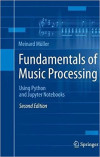
- Textbook: Fundamentals of Music Processing
- Access to electronic version via SpringerLink (requires university account)
- Python Notebooks for Fundamentals of Music Processing: FMP Notebooks
- Preparation Course Python Notebooks: PCP Notebooks
- Related course: Music Processing Analysis
- International Society for Music Information Retrieval (ISMIR)
Some Impressions
